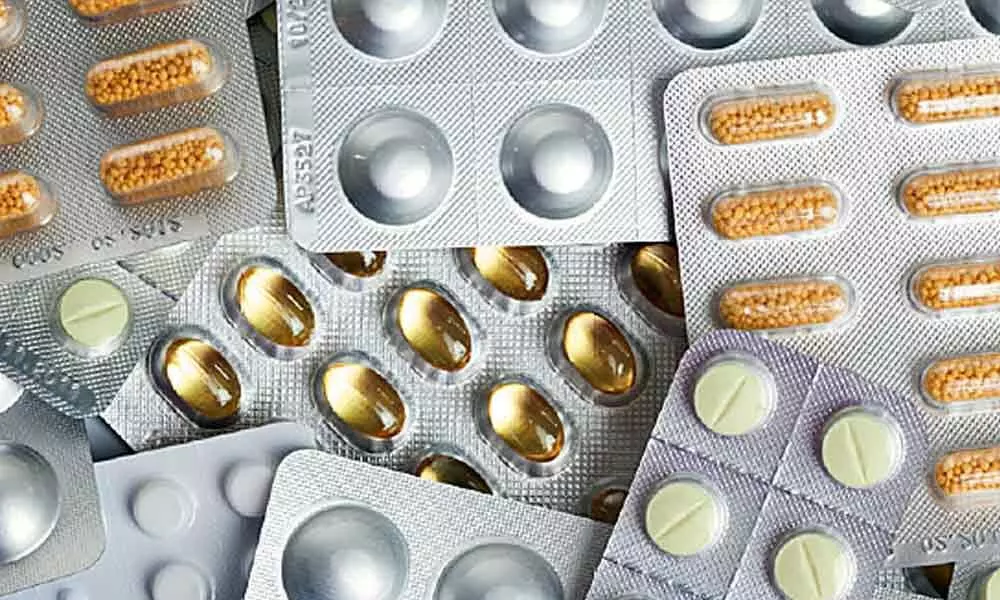Many BP drugs may not increase depression risk: Study

Representational Pic
None of the 41 most common high blood pressure medications increased the risk of depression while nine medications appeared to lower it, say researchers
London: None of the 41 most common high blood pressure medications increased the risk of depression while nine medications appeared to lower it, say researchers. Depression is common among patients with high blood pressure (also called hypertension), heart disease and stroke.
The study, published in the journal 'Hypertension,' systematically investigated whether individual blood pressure medications might influence the risk of developing depression.
"It was highly surprising that none of the 41 most used anti-hypertensives was associated with increased risk of developing depression," said study lead author Lars Vedel Kessing from the University of Copenhagen in Denmark. "And that some within each of the three classes of anti-hypertensives showed protective effects against depression," Kessing added.
For the study, the research team analysed real life data on more than 3.7 million adults who took any of the 41 most commonly prescribed high blood pressure medications, as reported in health records across several Danish health registries from 2005 to 2015. Thirty seven of these medications are approved for use in the US by the Food and Drug Administration.
Patients who had been diagnosed with depression or previously prescribed antidepressants were excluded.
The four main categories of blood pressure-lowering medications were reviewed: angiotensin agents (angiotensin converting enzyme inhibitors, ACE inhibitors and angiotensin II receptor blockers, or ARBs); calcium antagonists; beta-blockers; and diuretics.
The analysis found that none of the 41 most common high blood pressure medications increased the risk of depression. Nine medications - a few within each category - significantly lowered depression risk: 2 of 16 angiotensin agents, 3 of 10 calcium antagonists and 4 of 15 beta-blockers.
According to the study diuretic medications showed no impact on depression risk. The nine individual high blood pressure medications found to significantly lower depression risk are enalapril and ramipril (angiotensin agents); amlodipine, verapamil and verapamil combinations (calcium antagonists); and propranolol, atenolol, bisoprolol and carvedilol (beta-blockers).
"It is possible that the mechanism involved in decreasing the risk of depression is the anti-inflammatory effect among these nine medications," Kessing continued. "In the future, it will be important to compare the inflammatory properties of these nine hypertensives that lowered depression risk," the study authors wrote.
















